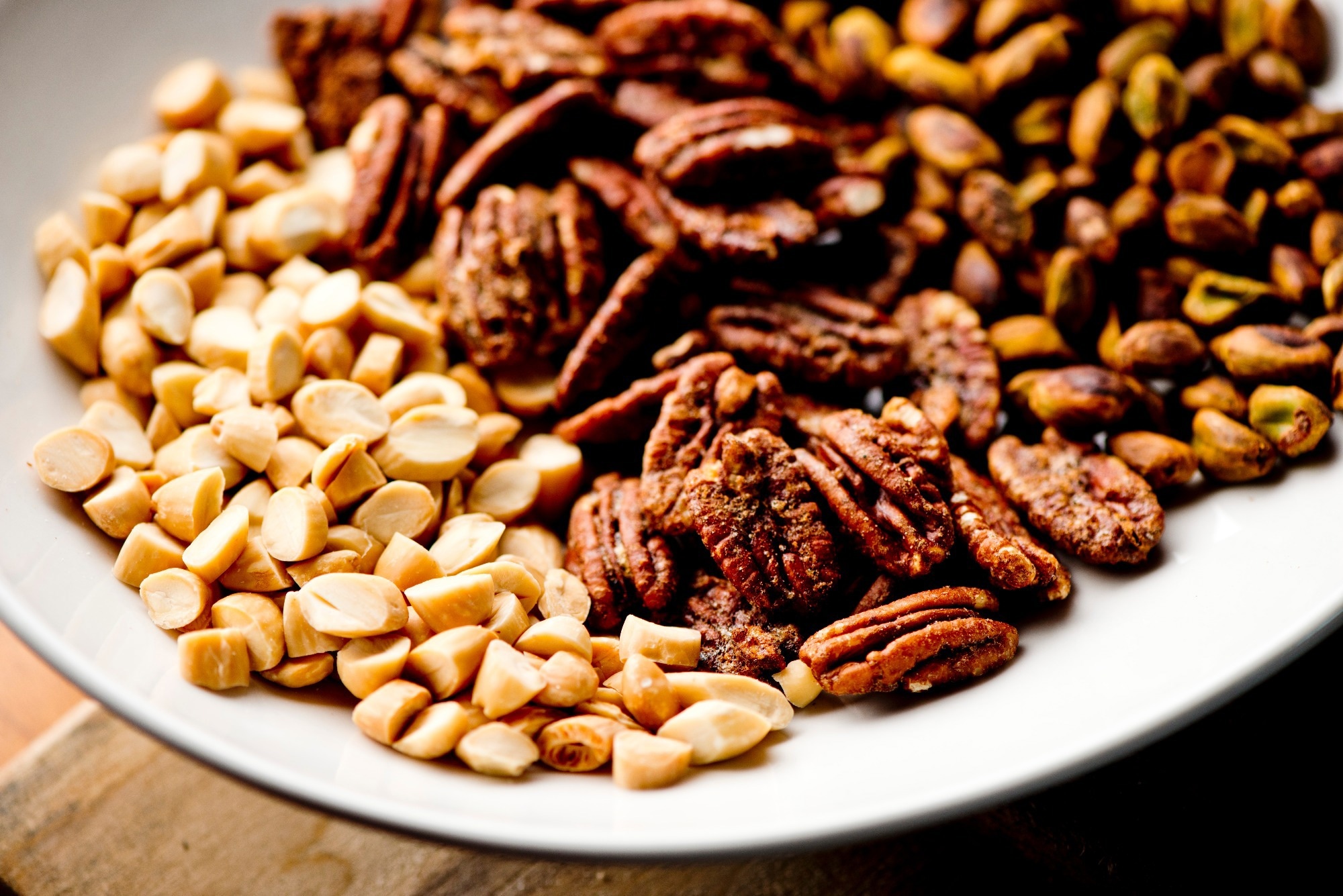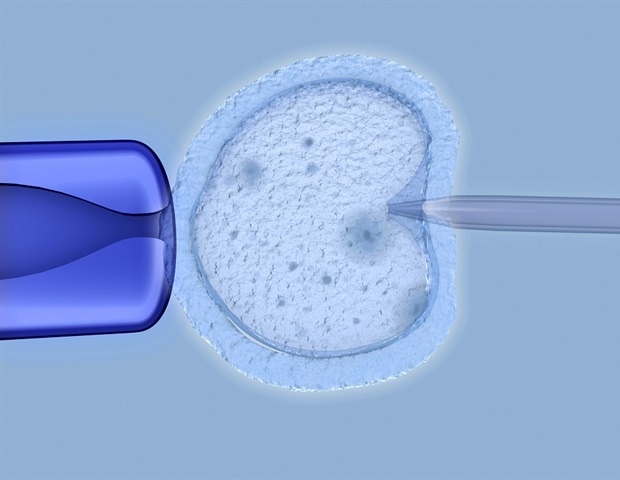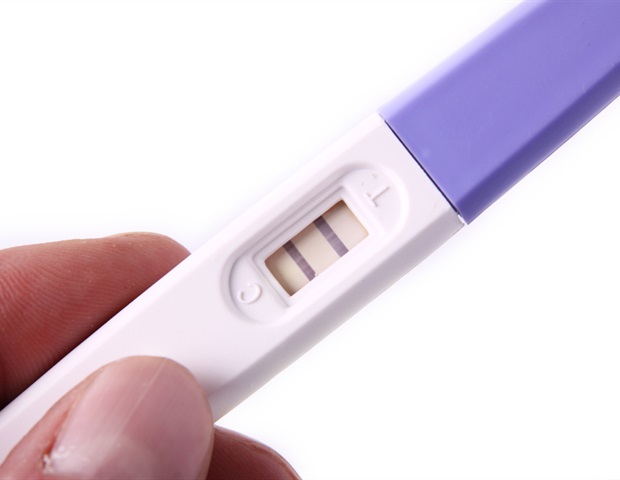Nut consumption linked to improved male fertility, systematic review reveals
In a recent systematic review published in the journal Advances in Nutrition, researchers investigated the associations between nut consumption and fertility outcomes in human adults. Literature from four online scientific databases was collated and subjected to a meta-analysis. Following the full-text screening, four publications comprising 875 participants were included. Study findings revealed that consuming ≥ … Read more








